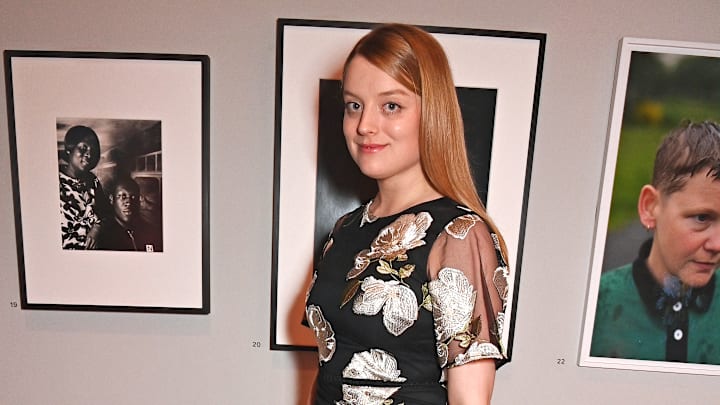While we often think of the royal family as being somewhat smaller because of the number of working royals, there are actually a number of people who make up the royal family. There are a lot of cousins and siblings, as well as aunts and uncles that build out the royal family in a way that can come as a bit of a surprise if you are not as familiar with members of the British royal family.
One such member of the royal family is Flora Vesterberg, who happens to be the cousin of the late Queen Elizabeth II. Flora is actually the granddaughter of princess Alexandra, who is a first cousin of the late queen. While Flora is not a first cousin of the late queen, she is still technically part of the royal family by birth.
But why does this breakdown of the royal family and who Flora Vesterberg is matter? That’s because of a recent report about Flora.
Thanks to a new report shared by People Magazine, we have learned that Flora Vesterberg has actually been diagnosed with autism. At 30 years old, she revealed that this diagnosis is actually empowering for her. In an essay that was apparently published in British Vogue, Flora shared that, “I’ve struggled quietly with the challenges of my neurodiversity since childhood, but I’m now also able to perceive its strengths. Like many women, I only recently felt compelled to pursue a clinical assessment.”
Flora Vesterberg reveals her autism diagnosis in a new essay
The reason why Flora feels more empowered with this diagnosis is because it adds a sense of validation to her thoughts and feelings well also making it easier for her to understand the way she experiences the world.
As a member of the royal family, even distantly, her diagnosis can go a long way to bringing attention to autism. And apparently she actually gave a shout out to the “Now I Know” campaign, which has been put together by the UK is a National Autistic Society. This campaign is all about women and non-binary people who have learned about having autism later on in their lives.
It will definitely be interesting to see if this attention adds another layer to the conversation about the late diagnosis of autism. And we would be interested to see if other members of the royal family do something in terms of supporting charities that help people with autism.
